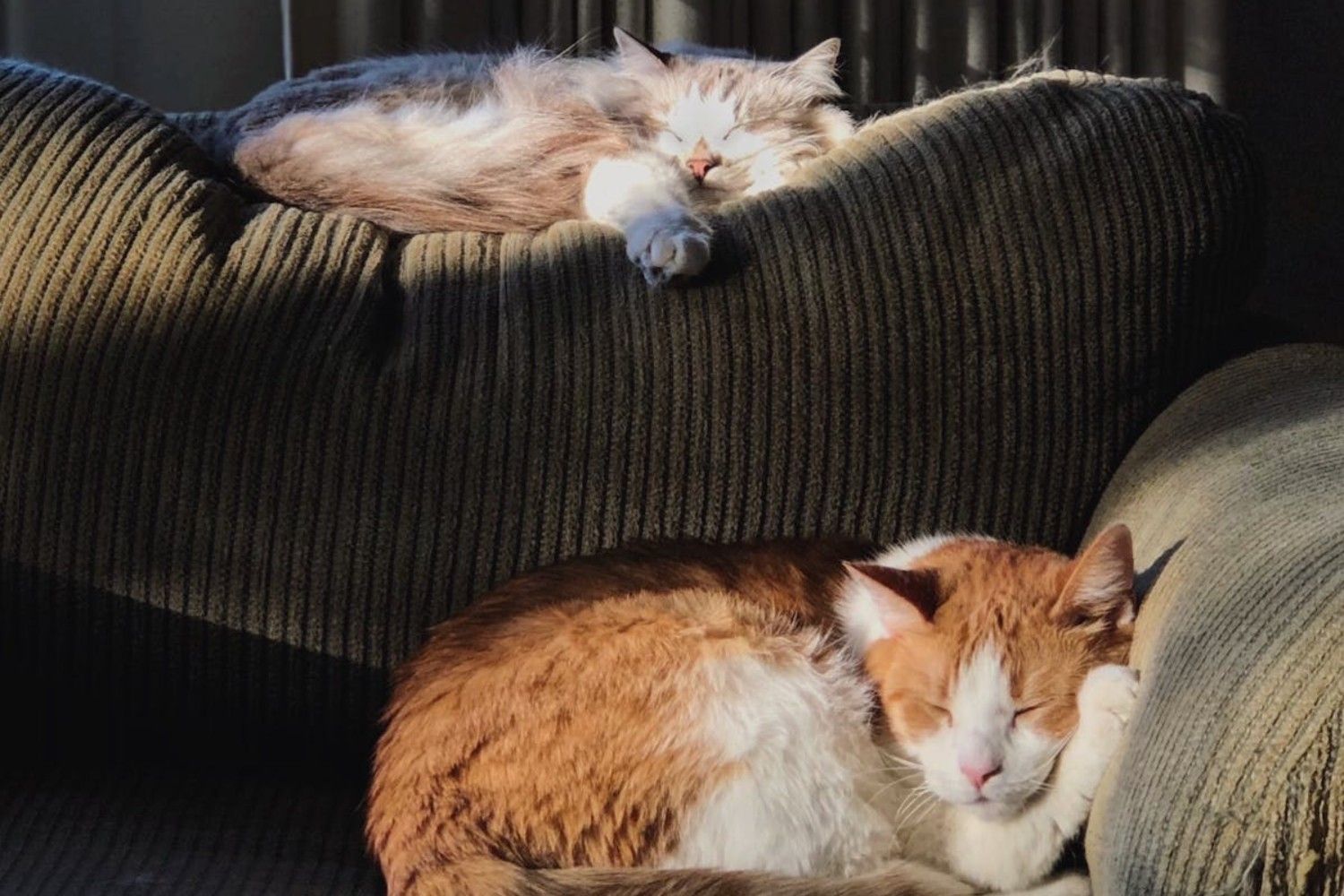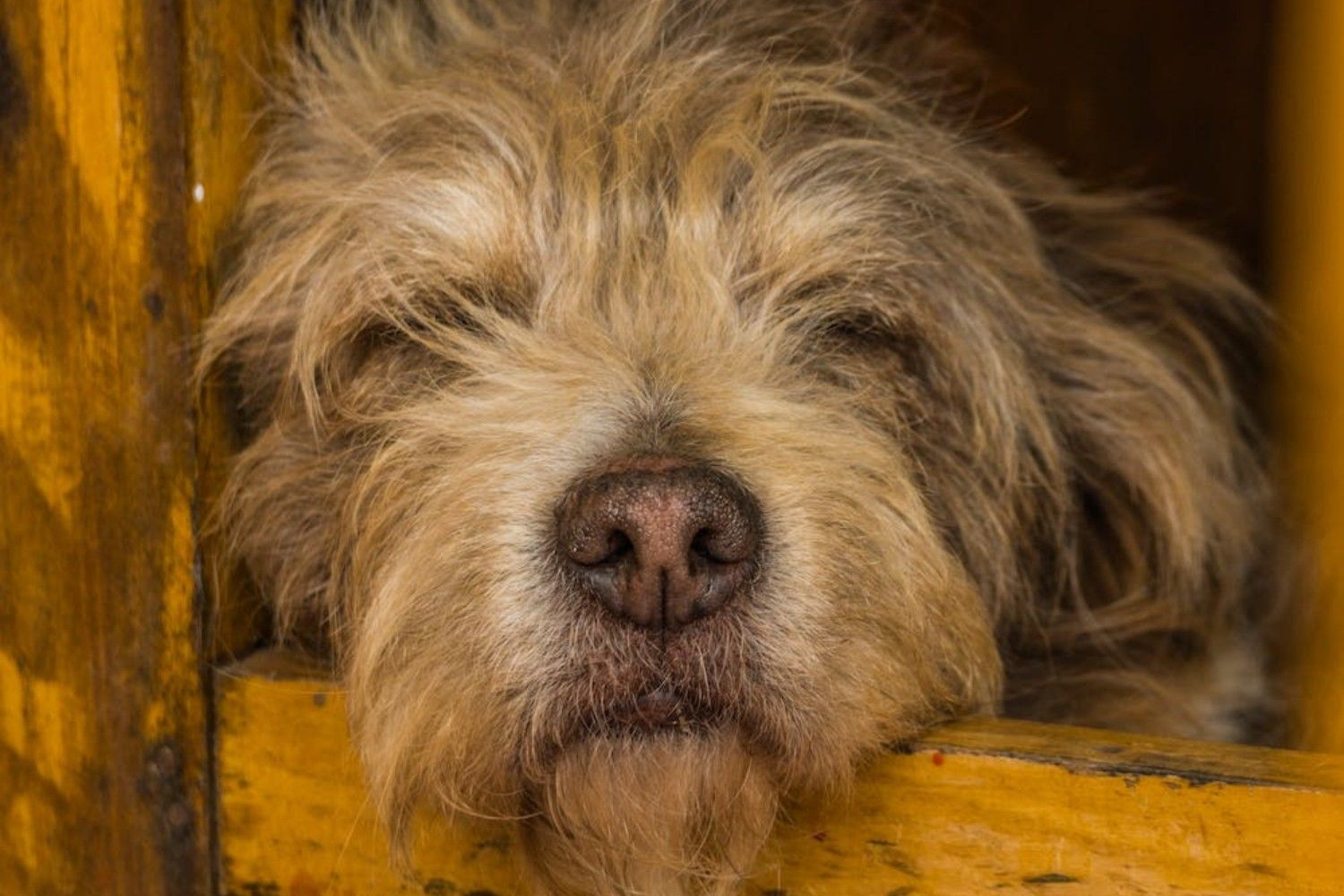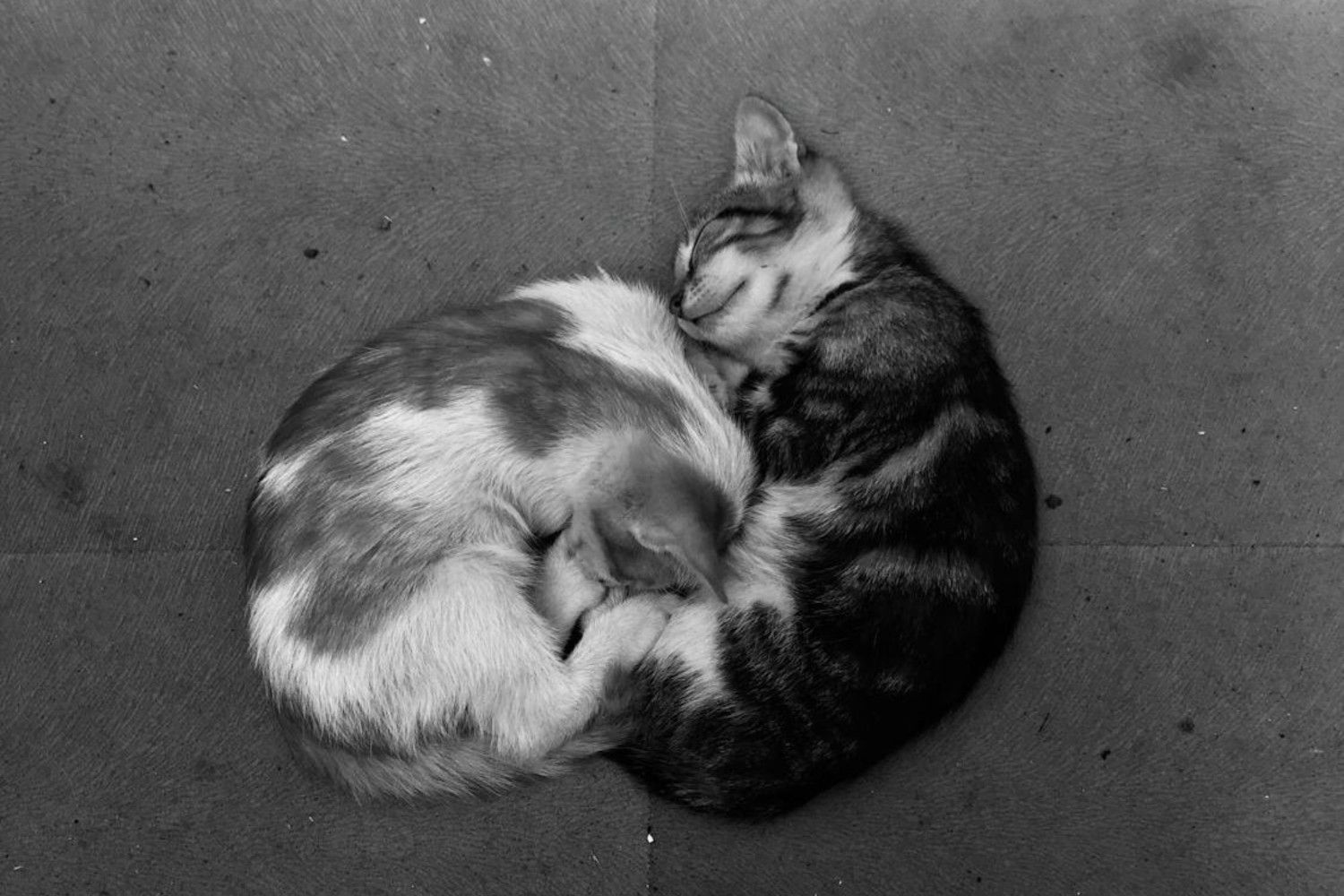
Understanding Your Pet's Sleep Patterns
Sleep is as crucial for pets as it is for humans, playing a vital role in their health, mood, and overall well-being. Recognizing and supporting healthy sleep habits in pets can enhance their quality of life and even strengthen the bond between pets and their owners. This article delves into pet sleep habits, the importance of healthy pet sleep, understanding pets and sleep cycles, strategies for improving pet sleep, and insights into pets' sleep behavior.
The Basics of Pet Sleep Habits
Pets, much like humans, have varying sleep needs depending on their age, breed, and lifestyle. While cats might snooze for up to 16 hours a day, dogs typically require about 12-14 hours. Younger pets and senior animals often need more rest than their adult counterparts to support growth, health, and cognitive function.
Deciphering Pets' Sleep Cycles
Unlike human sleep cycles that progress through distinct, orderly stages, pets' sleep patterns can seem more sporadic. Dogs and cats experience rapid eye movement (REM) sleep, where dreams occur, but they spend less time in this stage than humans do. Understanding these cycles can help pet owners recognize the difference between normal sleeping behavior and signs of sleep disturbances.

Promoting Healthy Pet Sleep
A consistent routine is key to promoting healthy sleep habits in pets:
- Comfortable Sleeping Environment: Ensure your pet has a quiet, comfy place to rest, away from high-traffic areas.
- Regular Exercise: Adequate physical activity during the day supports better sleep at night.
- Establish a Routine: Consistent feeding, exercise, and bedtime routines can help regulate your pet's sleep cycle.
Improving Pet Sleep
If your pet struggles with sleep, consider the following:
- Reduce Nighttime Distractions: Dim lights and limit noise in the evening to help your pet wind down.
- Limit Late-Night Feeding: Eating late can energize your pet, making it harder for them to settle.
- Consult a Vet: Persistent sleep problems could indicate underlying health issues. A vet can offer tailored advice based on your pet's needs.
Conclusion
Understanding and supporting your pet's sleep needs are integral to their health and happiness. By recognizing their sleep habits, ensuring they have a comfortable environment, and maintaining a consistent routine, you can help your pet achieve restful, restorative sleep. Remember, if sleep issues arise, consulting with a veterinarian can provide the guidance necessary to address any underlying concerns, ensuring sweet dreams for your furry friend.






